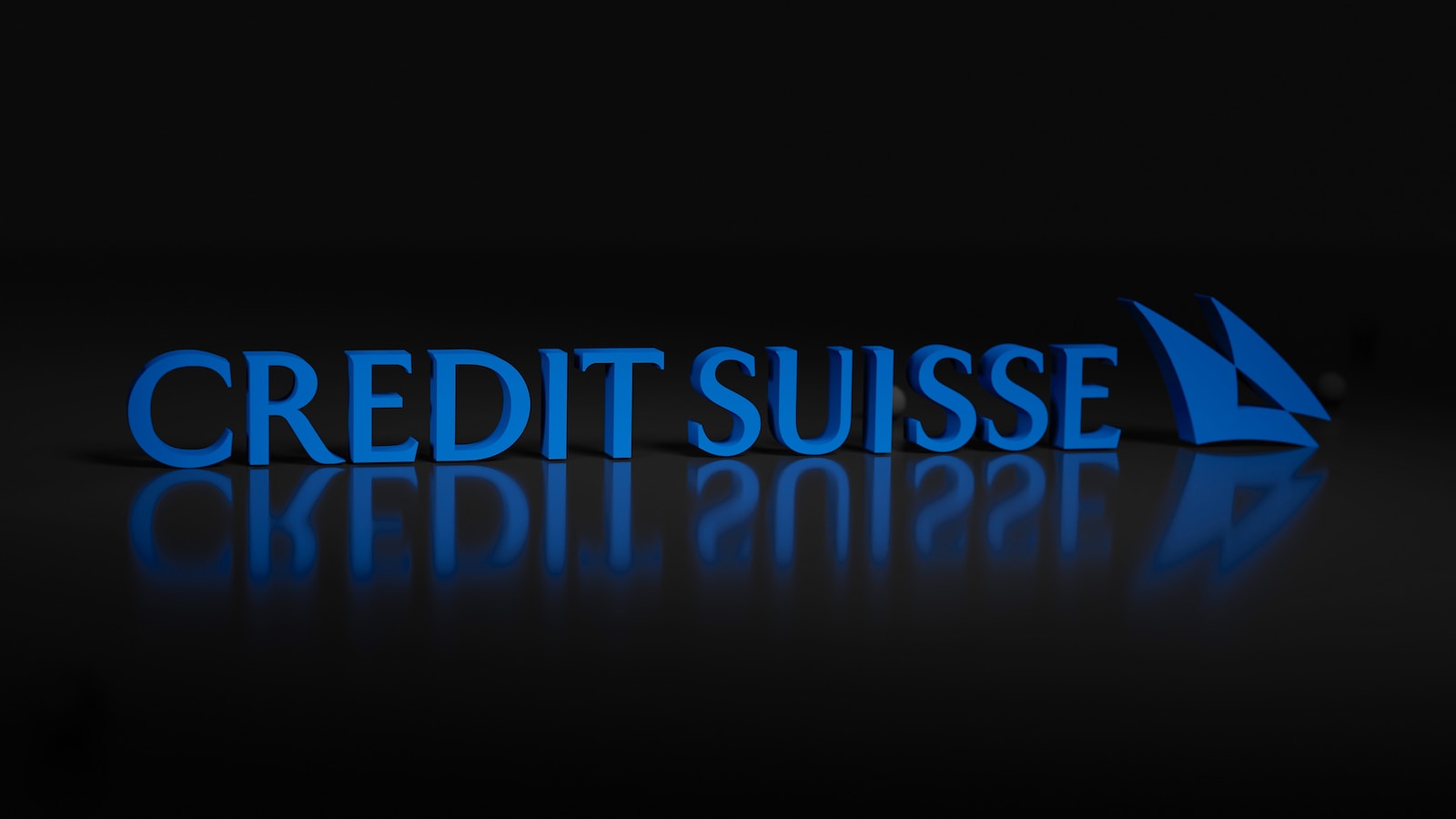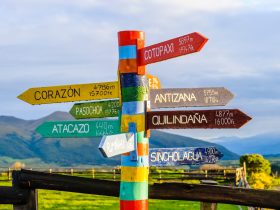Hello there, fellow ethical spenders! I’m Susan Greenfield, your trusty guide to navigating the world of ethical consumerism for the past four years. Today, I’m excited to dive deep into a topic that’s close to my heart: how ethical consumerism influences our financial decisions. Buckle up, because we’re about to embark on a journey that might just change the way you look at your wallet!
We live in an age where the choices we make as consumers can have far-reaching consequences, not just for our personal finances but also for the planet and society as a whole. Ethical consumerism, also known as conscious consumerism, is a philosophy that encourages us to think beyond the price tag and consider the ethical, social, and environmental implications of our purchases.

In this article, we’ll explore how ethical consumerism can impact our financial decisions and share some compelling examples of how individuals and businesses are leading the way in this growing movement.
The Power of the Purse
First things first, let’s acknowledge the elephant in the room: money makes the world go round. Our financial decisions are like the ripples in a pond, spreading out and affecting industries, communities, and ecosystems. By choosing to be ethical consumers, we have the power to shape the world in a positive way, one purchase at a time.
Imagine you’re in the market for a new pair of sneakers. You have two options: a trendy, affordable pair from a fast-fashion brand or a slightly pricier pair from a company that values fair labor practices and sustainable materials. It might be tempting to save a few bucks, but when you choose the ethically made sneakers, you’re supporting a business that prioritizes human rights and the environment. Your financial decision becomes a small act of social and environmental justice.
The Ethical Consumer’s Toolbox
Now that we’ve established the importance of ethical consumerism let’s delve into the tools at our disposal to make informed financial decisions that align with our values:
Research and Education: Knowledge is power. Start by researching companies and products to understand their ethical practices. Websites like Ethical Consumer and Good On You provide valuable information and ratings.
Label Awareness: Look for certifications and labels such as Fair Trade, USDA Organic, or B Corp. These symbols indicate that a product or company meets certain ethical standards.
Support Local: Choosing local products and businesses can have a positive impact on your community’s economy and reduce the carbon footprint associated with long-distance shipping.
Minimalism: Embrace minimalism and conscious consumption. Buy only what you truly need and invest in quality, long-lasting items.
Sustainable Investing: Extend ethical consumerism to your investment portfolio by considering sustainable and socially responsible investment options.
The Price of Ethical Choices
Some argue that ethical consumerism is a privilege reserved for those with disposable income. While it’s true that some ethically produced products come with a higher price tag, the long-term benefits often outweigh the initial cost. Here’s how:

Quality Over Quantity: Ethically made products tend to be of higher quality, meaning they last longer. You might spend more upfront, but you’ll save money in the long run by not constantly replacing cheap, disposable items.
Health and Well-being: Many ethical products, especially in the food industry, prioritize your health. Paying a bit more for organic, pesticide-free food can lead to lower medical bills down the road.
Social Impact: Supporting businesses that pay fair wages and provide good working conditions can contribute to reduced social inequality, which benefits society as a whole.
Environmental Savings: Eco-friendly choices may come at a slightly higher cost, but they can help mitigate the long-term environmental damages associated with unsustainable practices.
Leading by Example
Ethical consumerism isn’t just a personal choice; it’s also a movement driven by individuals and businesses committed to making a positive impact. Let’s look at some real-world examples of how ethical decisions are reshaping industries and influencing financial landscapes:
Patagonia – The Responsible Outdoor Brand
Outdoor apparel giant Patagonia is a shining example of a company that puts ethics first. They donate a percentage of their profits to environmental causes, actively work to reduce their carbon footprint, and encourage customers to buy less by promoting repair and reuse. Patagonia’s commitment to transparency and environmental responsibility has not only gained them a loyal customer base but has also translated into impressive financial success.
The Rise of the B Corp Movement
Benefit Corporations, or B Corps for short, are a growing trend in business. These companies are legally required to balance profit with a commitment to social and environmental responsibility. Well-known brands like Ben & Jerry’s, Warby Parker, and Etsy have embraced this certification, attracting ethically-minded consumers and investors alike.
The Craft Beer Revolution
The craft beer industry has exploded in recent years, driven in part by consumer demand for unique, high-quality brews made by local breweries. These small, independent breweries often prioritize sustainable practices and community engagement, creating a thriving ecosystem that showcases how ethical choices can fuel economic growth.
Conclusion
Ethical consumerism is no longer just a buzzword; it’s a powerful force that influences our financial decisions and shapes the world we live in. By choosing to support ethical businesses and products, we can create a future where profit and purpose go hand in hand.
So, the next time you reach for your wallet, pause for a moment and think about the impact your financial decision can have. Remember that your choices as an ethical consumer can drive positive change, one purchase at a time. Together, we can make a world of difference.
Thank you for joining me on this journey through the world of ethical consumerism. Until next time, stay ethical, stay mindful, and keep those wallets working for good!

































